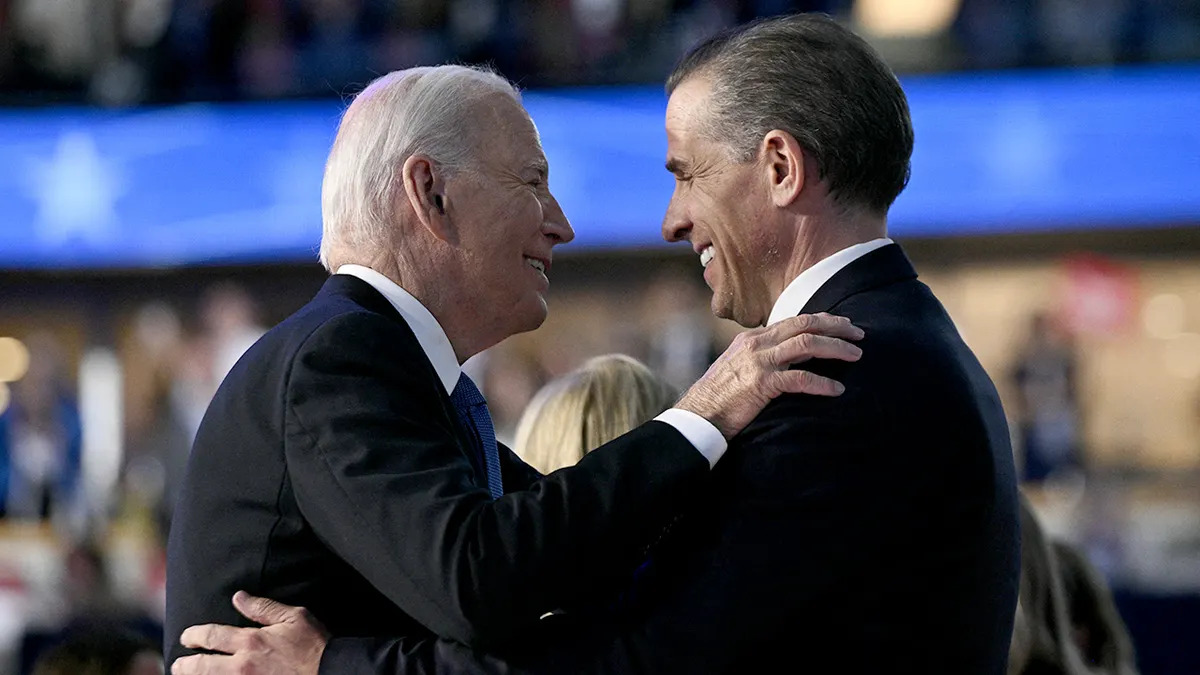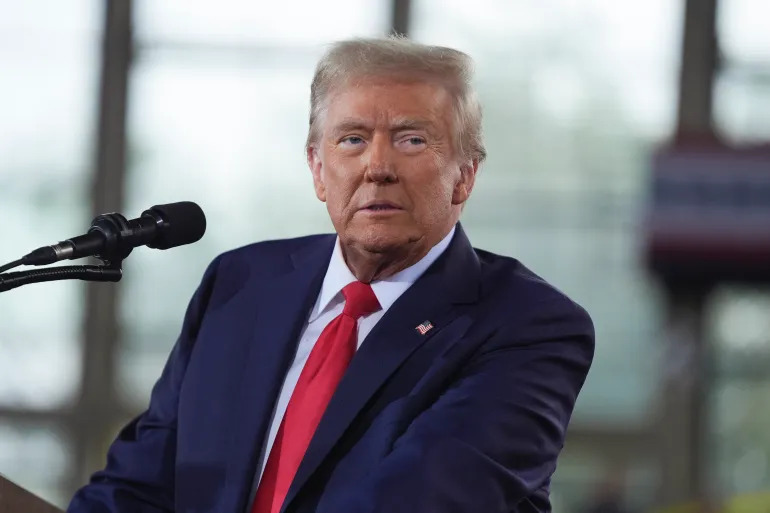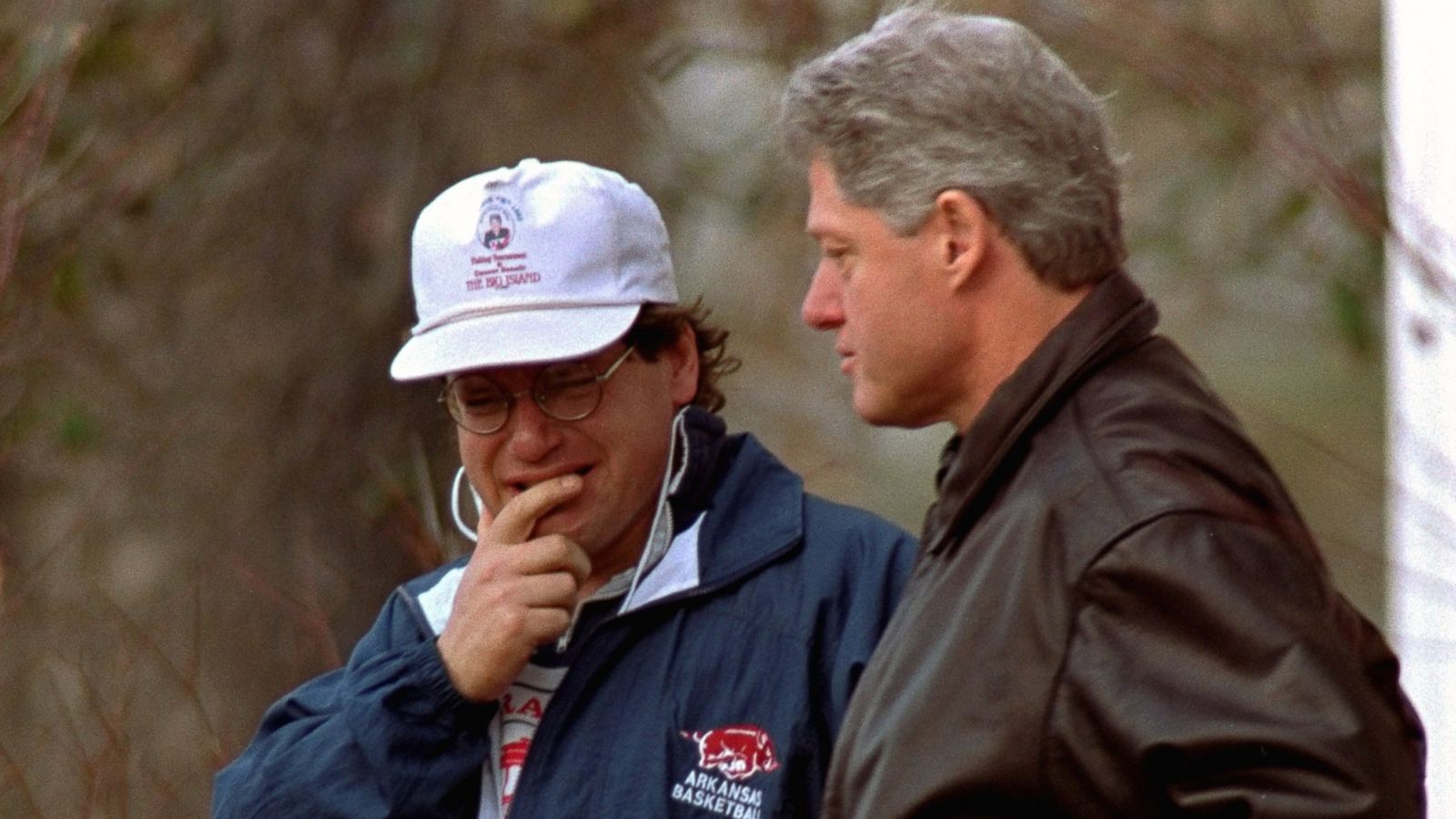Biden’s Controversial Son Pardon Sparks A Justice System Debate: Was It A Father’s Decision or a Political Gamble?
While rare, presidential pardons for family members are not without precedent. Both Biden and Trump also sharply criticized Department of Justice, accusing it of being swayed by political agendas

White House Press Secretary Karine Jean-Pierre revealed Monday that President Joe Biden “agonized” over his decision to pardon his son, Hunter Biden.
Despite previously vowing not to intervene in his son’s legal troubles, Biden reversed course, citing perceived political motivations behind Hunter’s prosecution.
“Today, I signed a pardon for my son, Hunter,” Biden announced. “I believe raw politics infected this process, leading to a miscarriage of justice. Americans deserve to know why a father and a president would make this decision.”
The pardon followed Hunter Biden’s guilty plea to federal tax charges and conviction in a separate firearms case. Legal experts noted that cases involving similar circumstances—late tax payments or errors in firearm forms—rarely result in harsh sentences.
A Shift in Stance Sparks Legal Controversy
In June, Biden unequivocally stated he would not pardon his son, a position reiterated by Jean-Pierre on multiple occasions. This reversal has raised questions about political integrity and judicial fairness.
Biden defended his decision, accusing Republican opponents of using Hunter’s legal challenges as a tool to undermine his presidency.
“The charges arose after my political adversaries in Congress instigated them,” he said. “This was not about justice but about attacking me through my family.”

Reacting to Biden’s decision, Donald Trump called the pardon an “abuse and miscarriage of justice.” In a social media post, he referenced the January 6 rioters who stormed the U.S. Capitol.
“Does the pardon given by Joe to Hunter include the J-6 hostages, who have now been imprisoned for years?” Trump wrote, drawing a sharp comparison between the treatment of his supporters and the pardon granted to Biden’s son.
Hunter Biden, now five and a half years sober, expressed gratitude for the clemency.
“I have admitted my mistakes and taken responsibility,” he said. “This reprieve is not just a second chance—it’s a commitment to help those still suffering.”
The pardon has fueled concerns about the erosion of the principle that the law applies equally to all. Analysts warn this move could tarnish America’s credibility as a global advocate for justice.
“This raises fundamental questions about where the U.S. stands as a nation of laws,” said political analyst Eric Ham. “Biden’s pardon, alongside past actions by other presidents, blurs the line between justice and political favoritism.”
Impact on U.S. Democracy and Global Perception
Internationally, the decision may complicate U.S. efforts to criticize nations like China or Russia for perceived legal double standards.
Presidential pardons for family members are rare but not unprecedented.

Trump pardoned his son-in-law’s father, Charles Kushner, for tax and campaign finance violations. Bill Clinton similarly pardoned his half-brother, Roger, for a cocaine-related conviction.
Both Biden and Trump have accused the Department of Justice of being influenced by political agendas. Biden claimed Hunter’s case was a targeted attack against him and his presidency, while Trump has repeatedly asserted that he is a victim of a politically weaponized justice system.
Biden’s action, however, stands apart due to its timing and the broader political stakes. With no more elections ahead, Biden’s decision reflects both personal conviction and potential political risks.
This ongoing clash poses significant questions about justice, fairness, and political influence in a deeply divided United States.
